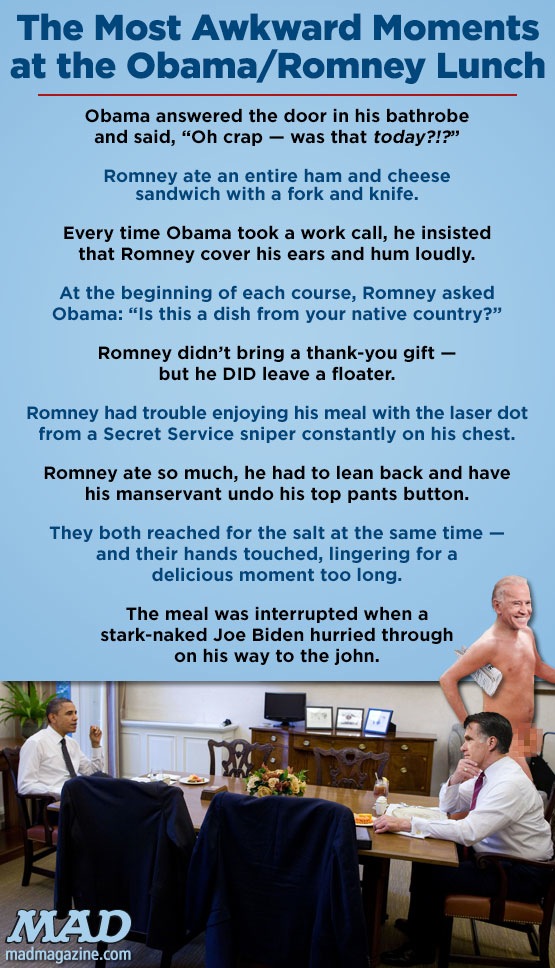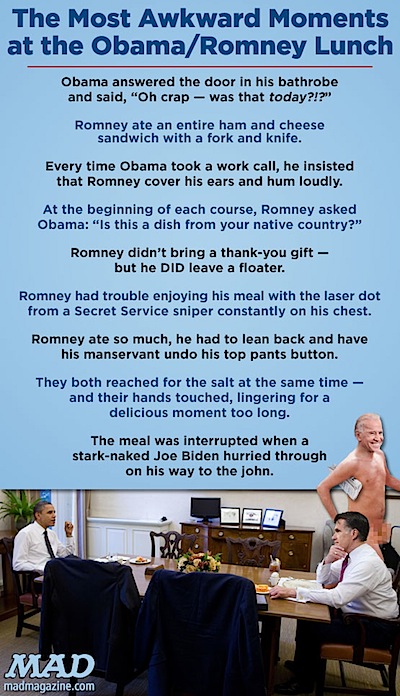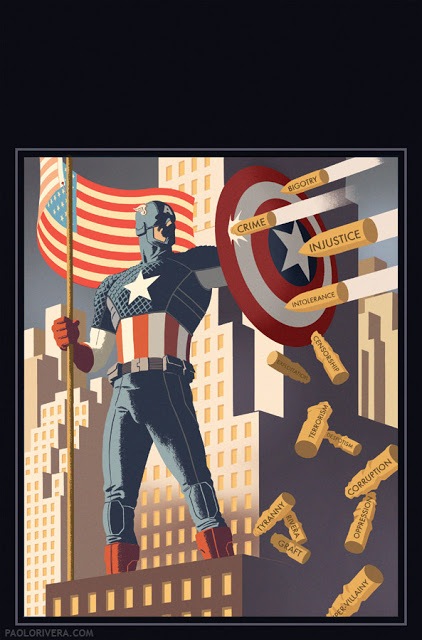§ FIRST UP, Julian Darius continues his examination of the Moore-Morrison feud with a timely look at their history with Vertigo and a look at the historical record from an outside perspective:
I should probably point out that it’s strange, in Moore’s recollection, that he’d mention Morrison at all. After all, Moore’s described Morrison as an “aspiring writer” who wanted to take over Marvelman. Moore seems to dismiss Morrison’s work in this period (if not later) as derivative. So why would he recommend Morrison to Karen Berger? The simplest answer is that Moore had read other Morrison work and liked it, or at the very least thought it showed promise or an interestingly different take.
To my knowledge, no one’s made this point. Moore suggesting Morrison makes Moore look like a good guy, the elder statesman who helps the young Turk catch a break. But if Moore did suggest Morrison, it very strongly suggests he had read and respected Morrison’s work. One can’t reasonably take credit for suggesting Morrison and also suggest that Morrison’s work is derivative rubbish.
§ J. Caleb Mozzocco reviews The Underwater Welder, Jeff Lemire’s eerie graphic novel about a man who finds himself in a very unexpected place.
§ A website has launched for Gun Machine, Warren Ellis’s upcoming novel, which is due out in January.
§ In all this talk of DC, I like to link to the MAD blog once in a while, just to show that it has some amusing material for old farts of all ages.
§ An old one: it turns out Robert Kirkman and Neil Gaiman are powerful. Yet Emma Vieceli is remarkable.
More old things— Jesus, where was I?— for those who have not had enough outrage yet, Top 5 Controversies That Will Be Rocking The Comics Industry Next, via MTV Geek.
§ Oh Julia Wertz, we just linked to her etsy and forgot this interview with the LA Times:
I’m struck by your use of the phrase “comic novellas” to describe the three long stories in “The Infinite Wait.”
I used that phrase in jest. I never meant for it to stick. I said it with the intention of making fun of myself and the various labels comics are given. It’s way too pretentious for me to use in earnest. I went with the theme of the title, which is also a joke. I was riffing on nonsense titles, which I define as any title that’s a turn of phrase, a cliché or a poetic coupling that tells the reader absolutely nothing about the content of the book. Patton Oswalt has a great bit about this, in which he claims “The Texas Chainsaw Massacre” to be the best title ever since it tells you where, what and how. These vague titles are pretty common right now in the literary world, especially in New York, and I roll my eyes every time I see one. I wanted people to pull this book off the shelf, thinking it’d be one of those books and then get a comic book instead. So when I use a phrase like “comic novellas,” you have to imagine me saying it in a really high pitched, fancy voice. If it becomes a phrase that sticks, I will refuse all credit and denounce it profusely.
§ Muddy Colors is a blog for a bunch of illustrators, including Paolo Rivera, and it turns out the Artist of the Month is Wassily Kandinsky. That’s great, because he’s artist of the month year round here at SBM! If you dig through the blog you’ll also find lots and lots of groovy process posts like info on how to photograph your paintings, and Rivera on how he made this Captain America cover.
I got hung up on the anachronism of a modern Cap fighting WWII-era Germany and was at a loss for brief spell. Fortunately for me, my editor, Tom Brevoort, suggested the shells-as-metaphor solution which worked perfectly for the tone of the piece (and was a lot easier to draw). Pictured above is the digital composite that I penciled over, complete with perspective grid.







